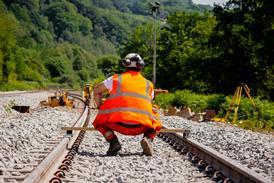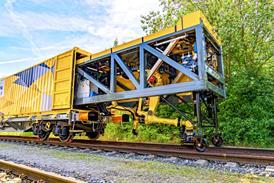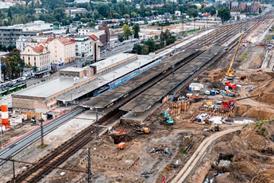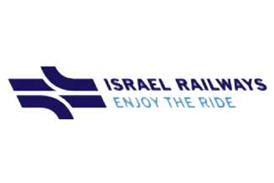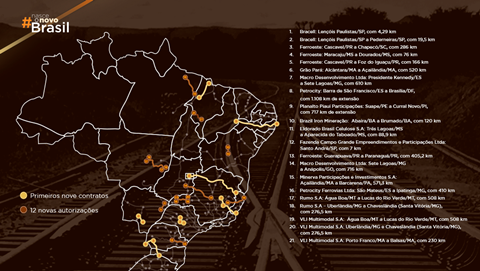
BRAZIL: As many as 76 proposals for privately-funded railways have now been submitted to the Ministry of Infrastructure under the Pro Trilhos programme launched in September 2021.
National Secretary for Land Transport at the Ministry of Infrastructure Marcello Costa said the national rail network would expand dramatically as the programme progressed: ‘we are talking about an increase above 50%’ on the current network, he suggested.
No fewer than 60 schemes for new or rebuilt lines plus four projects for new yards had been submitted by December 31, with 12 more submissions following by mid-January.
By that point, 21 projects had been analysed by the National Land Transport Agency, and 19 authorised for contract signing. Estimates suggested that up to 19 000 km of railway could be added to the network across 16 states, with private sector companies investing up to R$224bn in the various schemes. About 2∙6 million jobs would be generated directly or indirectly by the programme.
Costa told local media that ‘we were surprised by the number [of requests]. There is a very strong demand for railways across the country. Another lesson … is that the private sector believes in this railway model and understands that it is a way to build and operate a railway as a business.’
Around 20 submissions cover railways in the state of Minas Gerais, with predicted traffic flows dominated by ores, grain and cellulose.
Another nine submissions focus on the state of Pará, including schemes promoted by a partnership of 3G Entrepreneurs and Logística for a 1 370 km mini-network linking the port of Barcarena with Maraba and Santana do Araguaia, plus a spur to Açailândia on the Carajas Railroad. Vale has submitted plans for extensions or sections of new line totalling 148 km in Pará.
Elsewhere, a number of bids cover potentially competing projects over similar or identical routes. A recent list of schemes included nine submissions from Rumo and seven from Vale, five from MRS and four each from Suzano, VLI, Ferroeste, Zion Real Estate and Petrocity. Two bids each came from Bracell, Macro Desenvolviemento and Morro do Pilar. Significantly, a number of bids are from companies or groups not previously involved in the rail sector.

